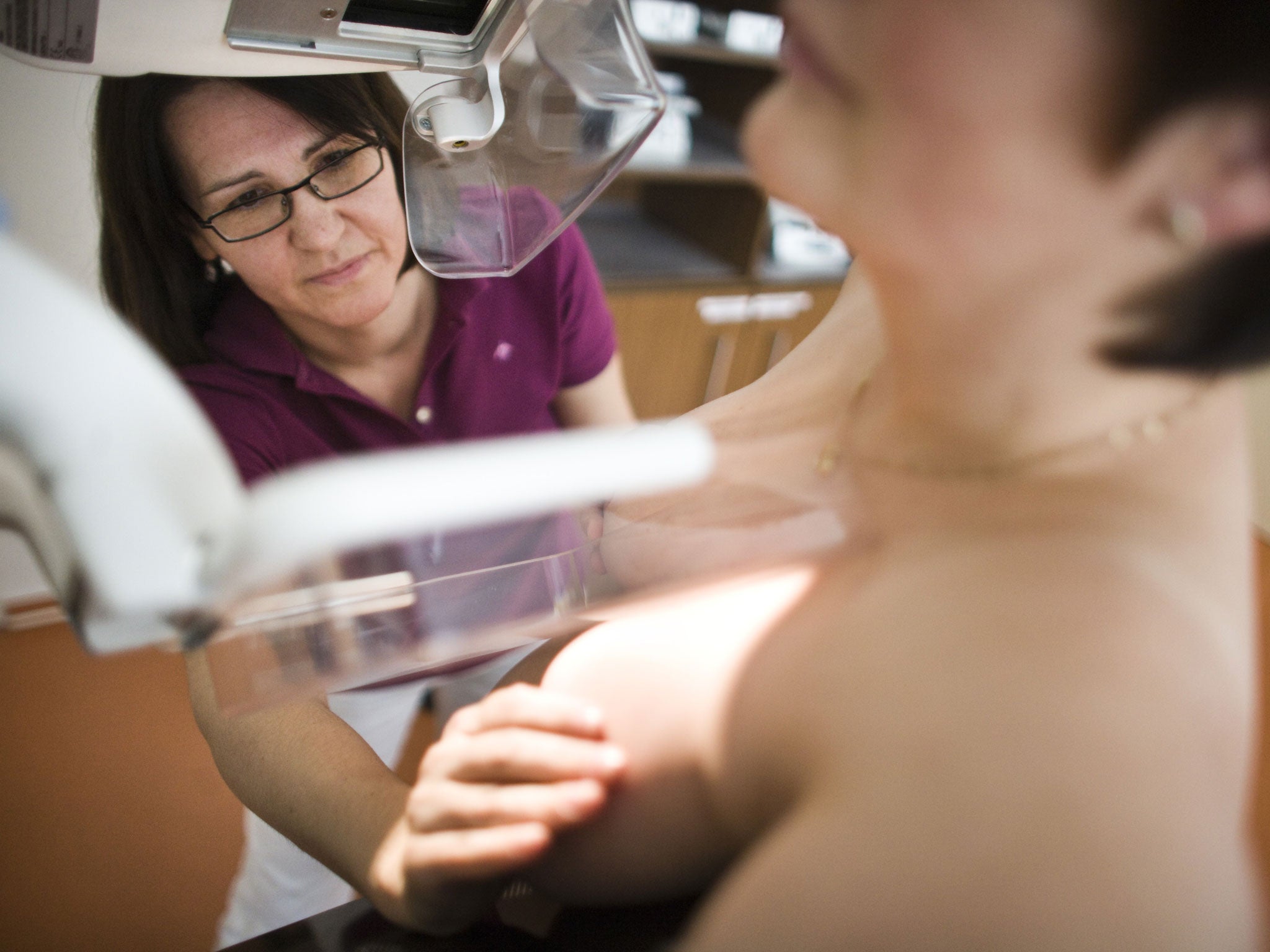Cancer screening overhaul announced by NHS in wake of Capita cervical smear blunder
Review will consider lessons from ‘appalling’ failures of cervical and breast screening programmes and whether outsourced services should come back in-house

The NHS has announced an overhaul of cancer screening in the wake of revelations that nearly 50,000 women missed cervical smear invitations or results because of failings with a privatised service.
Changes could see the NHS bring screening in-house and end the involvement of private firm Capita, which accepted responsibility for the cervical cancer “system error” and is three years in to its seven-year contract.
The scandal was the second in 2018 after the Department of Health said in May as many as 270 women may have had their “lives cut short” after missing invitations for breast cancer mammograms.
NHS England said a review will consider lessons to be learned from these failures, how to increase uptake of screening and how artificial intelligence and other new technology could benefit services.
Screening can help spot problems early before a person has any symptoms, when cancer is often easier to treat. In some cases it can even prevent cancers from developing in the first place, by spotting people at risk.
There are three national cancer screening programmes in England – for cervical, breast and bowel cancers.
The review, which will also look at how to encourage more eligible people to be screened, will be led by Professor Sir Mike Richards, who was the NHS’s first cancer director and is the former Care Quality Commission chief inspector of hospitals.
He will lead a team that will assess current screening programmes and recommend how they should be organised, developed and improved.
They will advise NHS England and Public Health England on how best to deliver the current screening programmes, including possible changes to services that are outsourced.
Sir Mike said: “There is no doubt that the screening programmes in England save thousands of lives every year, however, as part of implementing the NHS’s long-term plan, we want to make certain they are as effective as possible.
“This review provides the opportunity to look at recent advances in technology and innovative approaches to selecting people for screening, ensuring the NHS screening programme can go from strength to strength and save more lives.”
Professor Steve Powis, NHS England’s national medical director, said: “Screening is a vital and effective tool in our fight against cancer. However, recent issues with breast and cervical cancer screening have shown that we need to look closely at these existing programmes.
“Sir Mike has a wealth of experience in healthcare and is ideally placed to lead this independent review.”
The review is expected to report by summer 2019.
Additional reporting by PA
Join our commenting forum
Join thought-provoking conversations, follow other Independent readers and see their replies
Comments
Bookmark popover
Removed from bookmarks